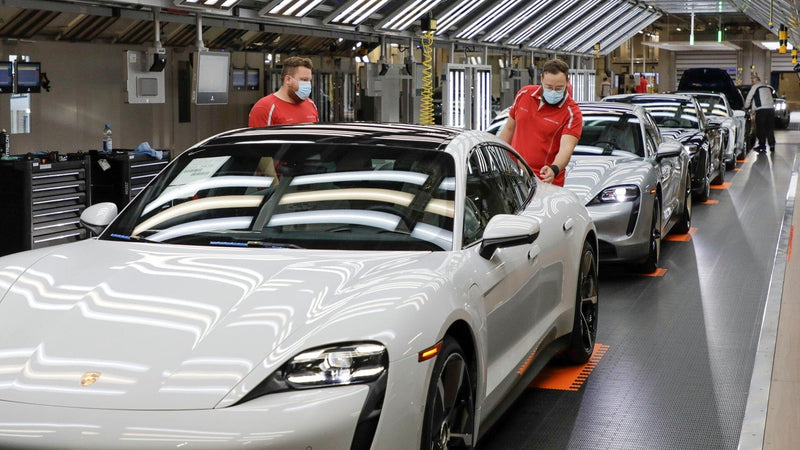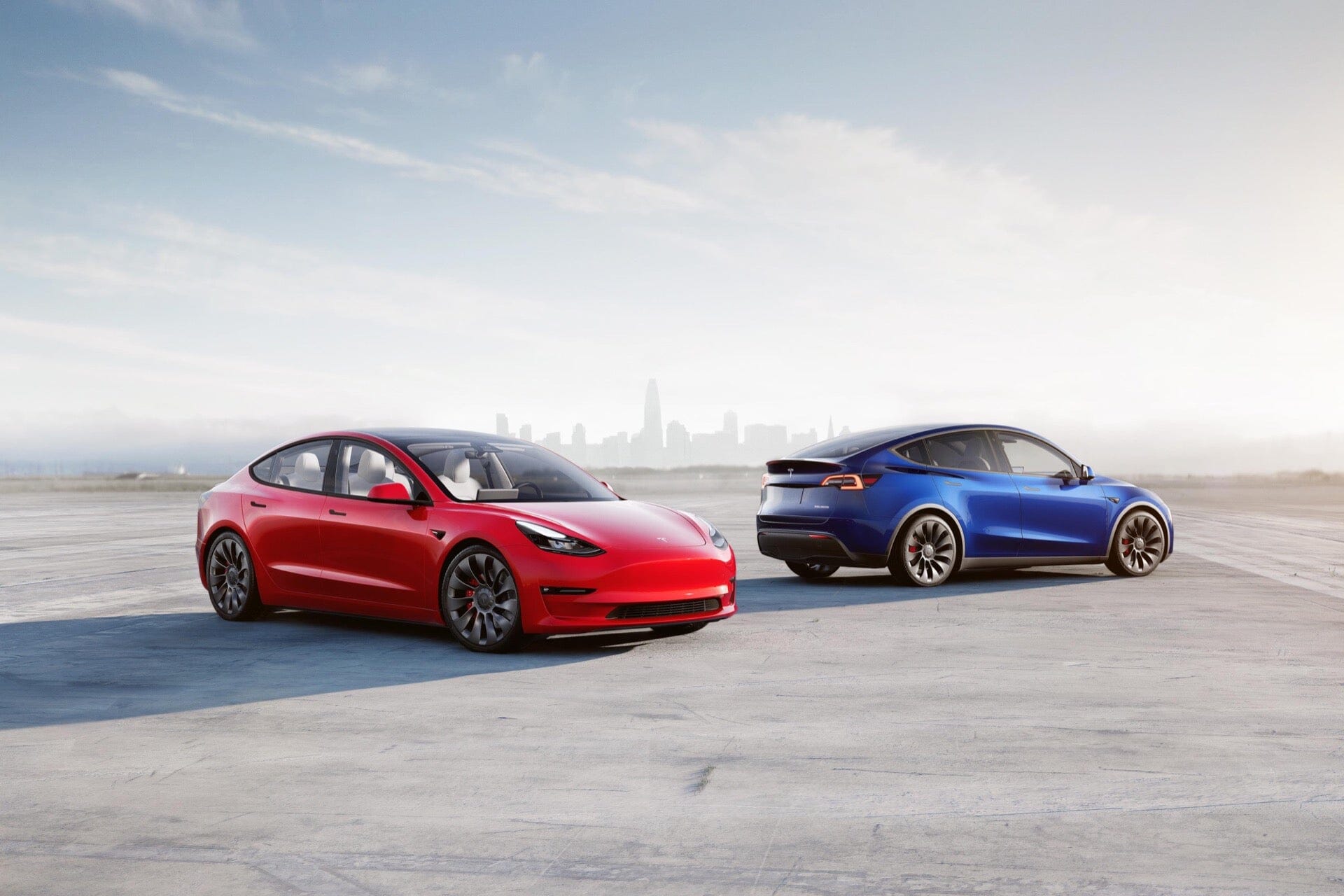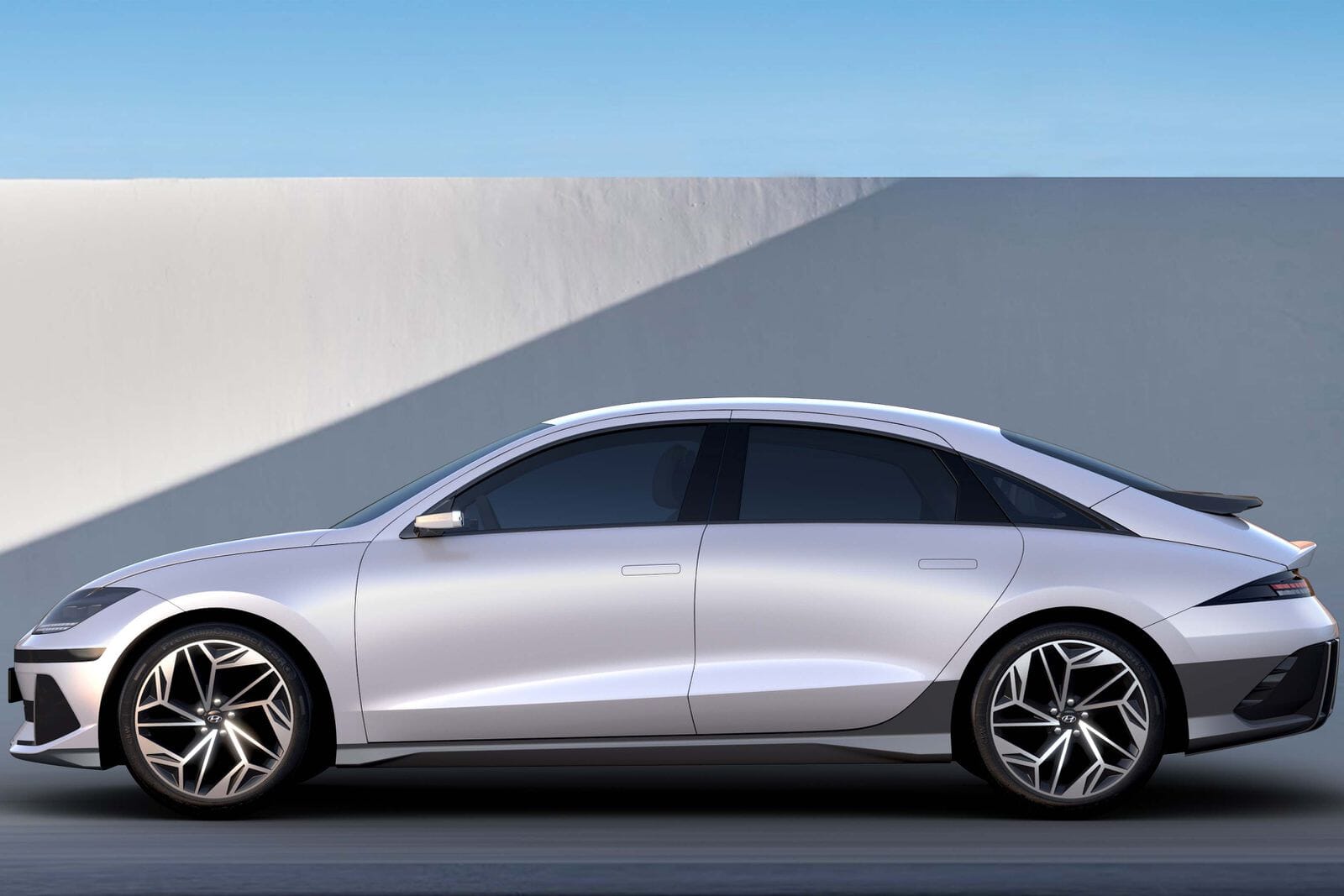In recent months, practically all economic and consumer spending news has been bad. Everything appears to be getting more costly, and large ticket items, especially vehicles, seem to be taking longer to ship and receive.
In response to the dire economic climate, Tesla has raised its costs multiple times in recent months, to the point that certain Teslas are now over 10% more expensive than they were at the start of the year. Rivian, Ford, and General Motors are all on the same path. The 2019 GMC Hummer EV received a $6,250 price increase last week owing to increased materials costs, which are up 144% since March 2020.
There are still lots of reasonably priced EVs on the market, but the truth is that prices are growing. Buyers paid an average of 22% more for a new EV in May than the previous year, with the average transaction value rising to $54,000. To be honest, gas car prices are rising as well, but to a lesser level. Buyers paid an average of $44,400 over the same time period, a 14% increase.
Why are electric vehicles getting so much more costly so quickly? Inflation is a major contributor, but there are other aspects as well. Automobile manufacturers are raising EV pricing to compensate for rising raw material costs which has also been exasperated by the war in Ukraine
Some components have virtually doubled in price the pandemic began and then further accelerated by the war, wiping out earnings for even the most popular models. Ford Finance CEO John Lawler told reporters that the change had nearly wiped out the automaker's earnings on the Mustang Mach-E, therefore prices were raised to compensate.
R&D spending on new EV research and development also influences sales pricing, as manufacturers must recoup their upfront investments with each unit sold. According to some experts, the transition to electrification will cost car companies a total of $526 billion by 2026, and we're still not out of the woods in terms of supply chain concerns, so that figure might rise as time goes on.
Finally, given the enormous increase in demand for electric vehicles in recent months again chiefly due to the pressures on oil prices since the war began, it's difficult to expect automakers to lower pricing on EV's while demand is through the roof and still increasing. Buyers were chomping at the bit to obtain new electric vehicles even before gas prices surged, and that desire has heightened now that the agony at the pump has become intense.
Of course, prices can't keep rising forever, and early adopters will ultimately leave, so manufacturers will have to carefully balance pricing and costs in the future to retain demand and remain competitive. Widespread EV adoption will be dependent on inexpensive and widely accessible automobiles in the future, thus a price drop would benefit everyone.
This further explains why EV shoppers are placing deposits on multiple EVs to hedge their bets on pricing. Because once you place your deposit, the automakers generally let you lock in the pricing at the time of reservation. I hope that holds true for the Tesla Cybertruck because Tesla has since removed all mention of pricing for the futuristic electric pickup truck from its website.












